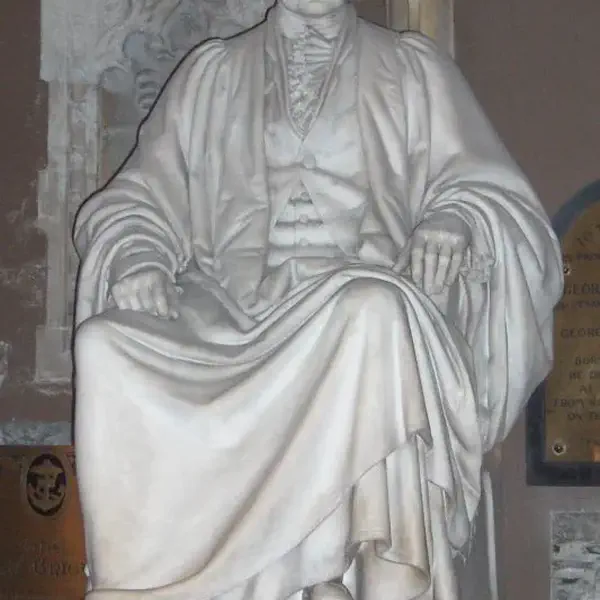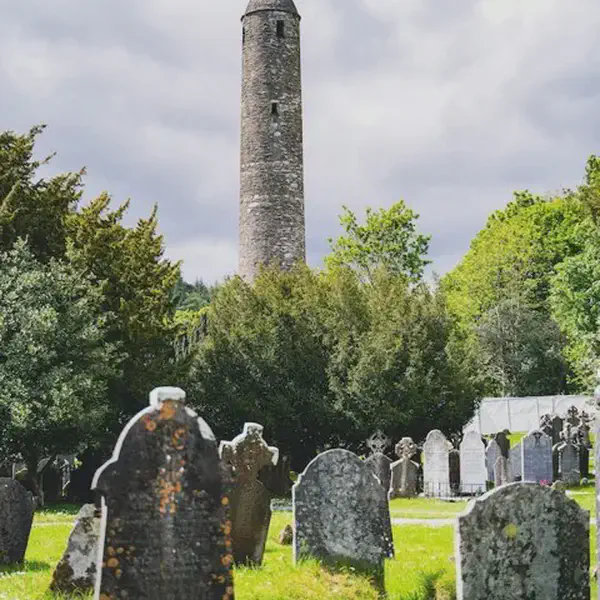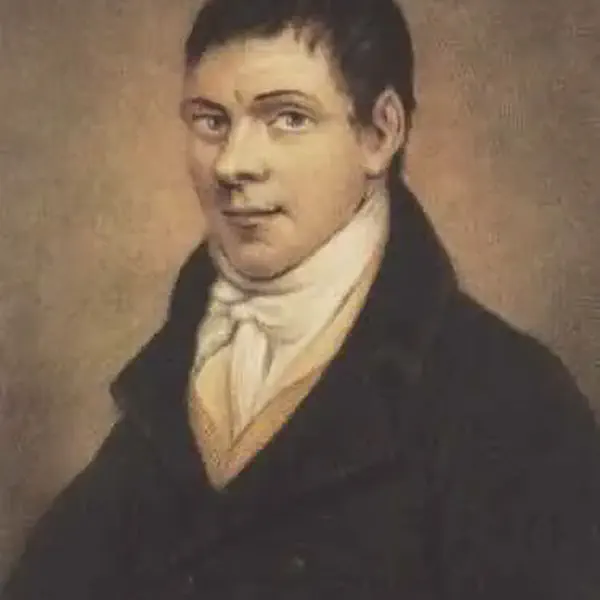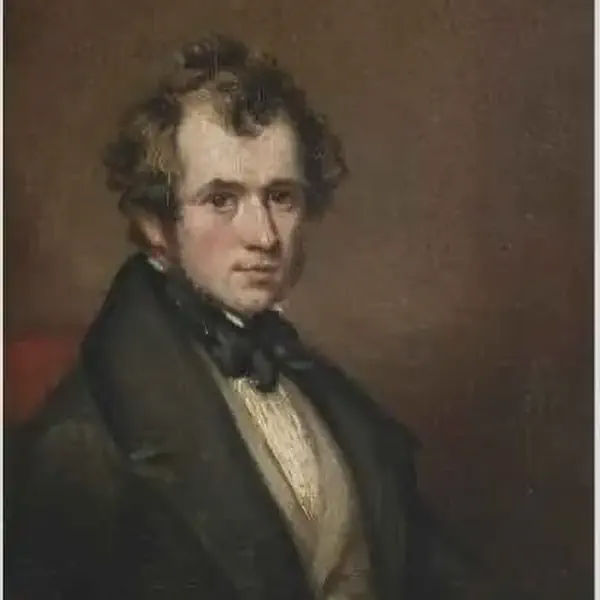
Birth of James Whiteside, orator and Lord Chief Justice, in Delgany, Co. Wicklow
James Whiteside, a prominent Irish lawyer, orator, and judge who would later become the Lord Chief Justice of Ireland, was born on August 12, 1804, in Delgany, County Wicklow, Ireland. Whiteside is best known for his legal career and his exceptional skills as an orator, which earned him a reputation as one of the most eloquent and persuasive speakers of his time.
ireland

William Pitt returns to office following a disagreement with George III over Catholic Emancipation,
After resigning as Prime Minister following a disagreement with King George III over Catholic Emancipation, William Pitt the Younger returns to office.
ireland


Rebel leader Michael Dwyer, whose guerrilla attacks had maddened British colonial authorities since 1798, surrenders
Michael Dwyer, (1 January 1772– 23 August 1825) an Irish rebel leader known for his guerrilla warfare tactics, surrendered to the British colonial authorities on December 17, 1803. His surrender marked the end of a significant chapter in the Irish Rebellion of 1798, a widespread uprising against British rule in Ireland.
ireland

Gerald Griffin, the Irish novelist, poet, and playwright, was born
Gerald Griffin (Irish: Gearóid Ó Gríofa; 12 December 1803 – 12 June 1840) was an Irish-born novelist, poet and playwright. His novel The Collegians was the basis of Dion Boucicault’s play The Colleen Bawn. Feeling he was “wasting his time” writing fiction, he joined the Christian Brothers, a Catholic religious congregation founded by Edmund Ignatius Rice to teach the children of the poor.
ireland

Robert Emmet, Irish patriot executed by England.
Robert Emmet (1778-1803) was a member of the United Irishmen and refused to accept the Act of Union (1801) between Great Britain and Ireland. The Act was passed following a decade of trouble and unrest in Ireland. This had coincided with revolutionary movements throughout Europe and in particular France, from where military aid was sought. The United Irishmen rose mainly in Ulster and Wexford in May 1798. The rising was quickly and savagely crushed. William Pitt was prompted then to settle Irish affairs by introducing the Act of Union.
ireland